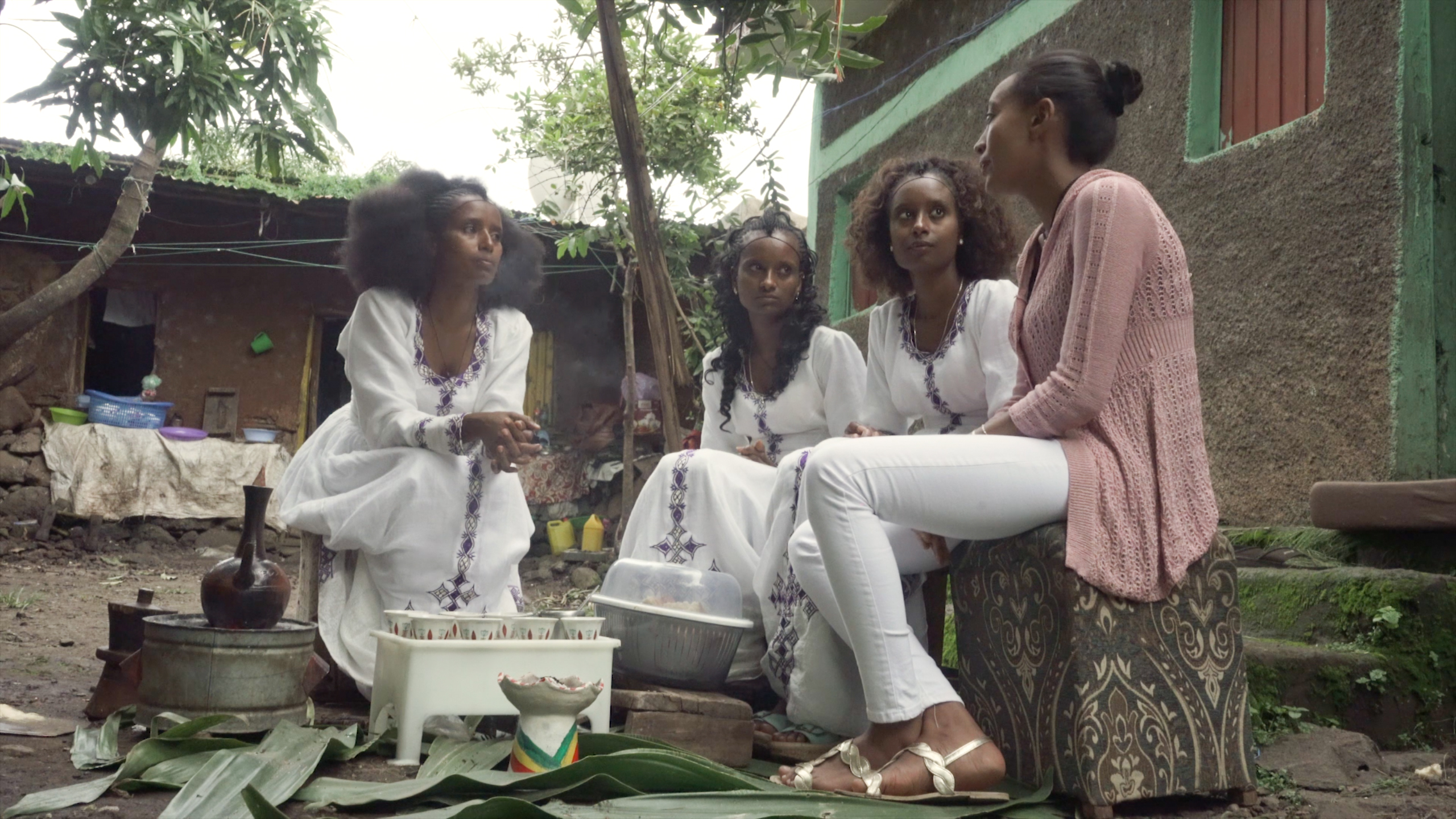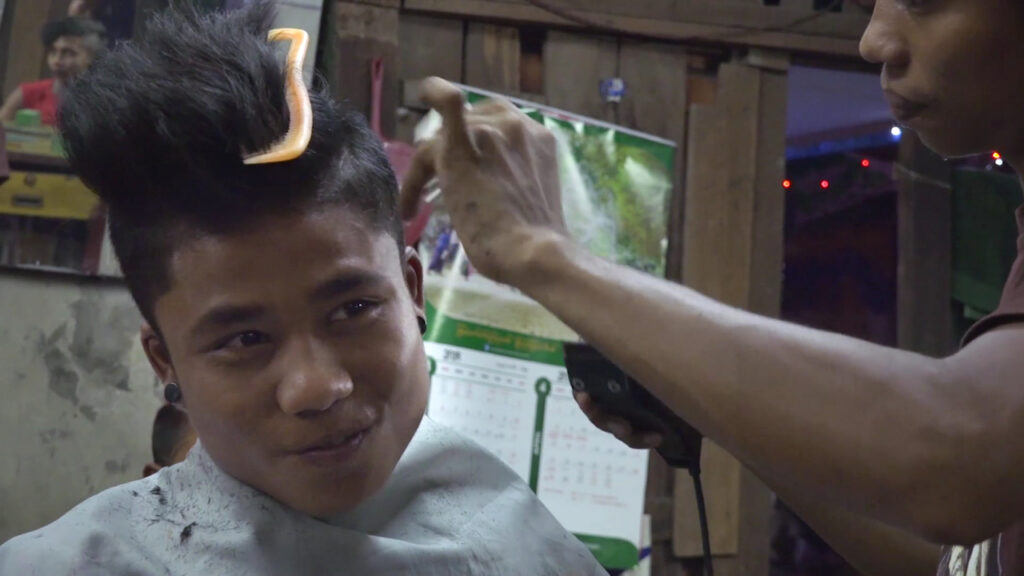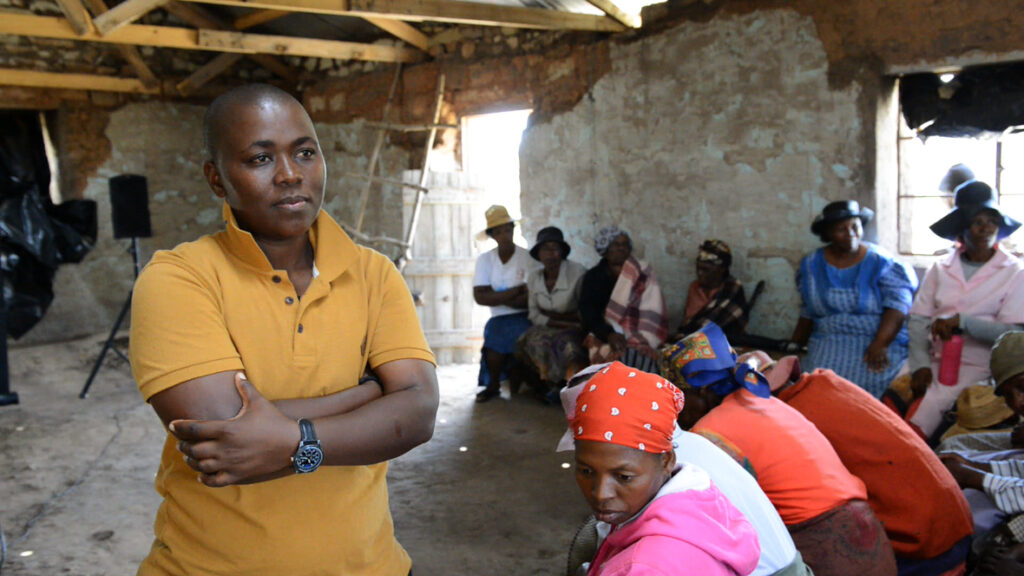Emails to My Little Sister
Solomon Mekonen 38 Minuten
„Emails to My Little Sister” ist ein autoethnographischer Film, basierend auf der Forschung des Filmemachers zum Thema „Becoming Black” in Berlin. in E-MailKorrespondenzen mit seiner Schwester in Äthiopien reflektiert er seine eigenen Erfahrungen in Deutschland und wie sich seine Wahrnehmung darauf, schwarz zu sein, verändert. Allmählich tretet der Unterschied der beiden Länder und die Auswirkungen auf die Geschwister in den Vordergrund. Der Film entstand im Rahmen der Masterarbeit „Phenomenology of Blackness in Berlin”.




